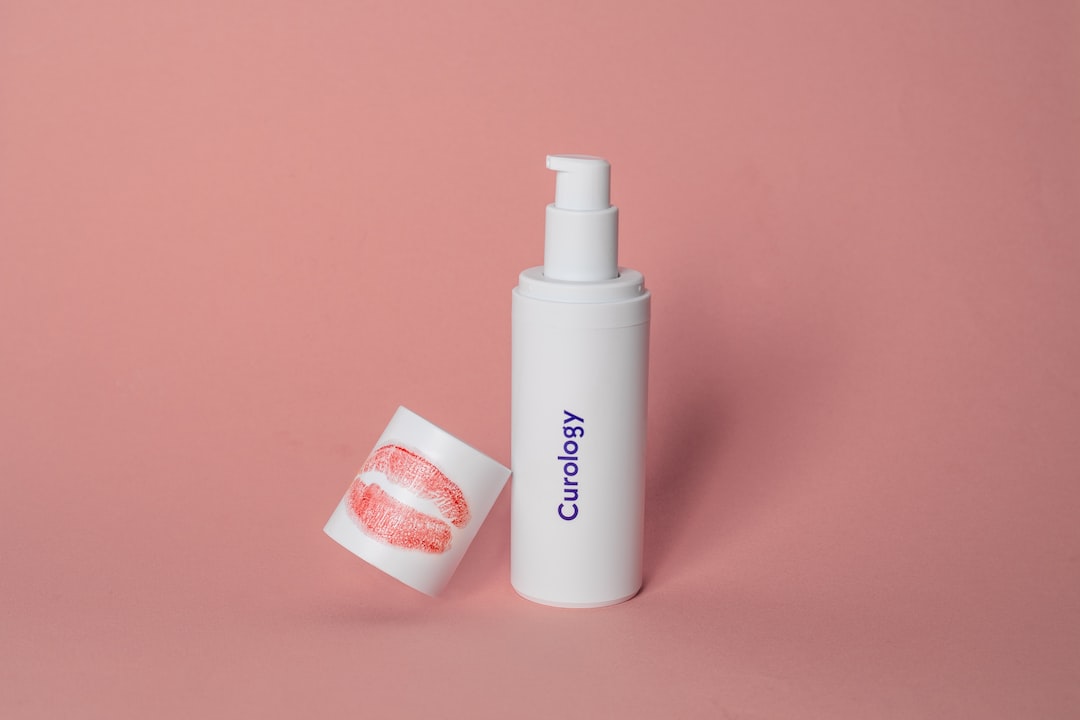Aging is a natural process that all living beings go through, and our skin is no exception. As we grow older, our skin loses its elasticity, becomes more prone to dryness, and develops wrinkles. However, thanks to scientific advancements and a deeper understanding of skincare, there are now anti-aging products available that can slow down the signs of aging and help us maintain a more youthful appearance.
But what exactly makes these skincare products effective? It’s all about the ingredients. There are certain key ingredients that have been proven to have significant anti-aging benefits. Let’s take a closer look at some of them and the science behind their effectiveness.
Retinol, a derivative of vitamin A, is one of the most powerful ingredients in anti-aging skincare products. It works by increasing the production of collagen, a protein that gives our skin its firmness and elasticity. As we age, the production of collagen decreases, leading to sagging and wrinkles. Retinol also promotes cell turnover, which helps to minimize the appearance of fine lines and wrinkles, and improves the overall texture and tone of the skin.
Another ingredient that has been extensively studied for its anti-aging properties is hyaluronic acid. This naturally occurring substance helps to maintain skin hydration, as it has the ability to hold up to 1000 times its weight in water. As we age, the levels of hyaluronic acid in our skin decrease, leading to dryness and loss of plumpness. When applied topically, hyaluronic acid can enhance the skin’s moisture content, resulting in smoother and more supple skin.
Peptides are another group of ingredients that have gained popularity in anti-aging skincare. These strings of amino acids help to boost collagen production and improve skin elasticity. By stimulating the skin’s natural repair processes, peptides can reduce the appearance of wrinkles and improve skin firmness. Some peptides also have antioxidant properties, which help to protect the skin from free radicals, environmental damage, and premature aging.
Antioxidants, in general, are essential in any anti-aging skincare routine. They work by neutralizing free radicals, which are unstable molecules that damage collagen and elastin fibers, leading to wrinkles and sagging. Common antioxidants found in skincare products include vitamins C and E, green tea extract, and resveratrol. Regular use of antioxidant-rich products can help protect the skin from oxidative stress and maintain its youthful appearance.
In addition to these key ingredients, there are also other components that play a significant role in anti-aging skincare. These include ceramides, which help to strengthen the skin’s natural barrier and prevent moisture loss, and niacinamide, which can improve skin elasticity and reduce the appearance of hyperpigmentation.
It’s important to note that while these ingredients have scientific backing for their effectiveness, results may vary depending on individual skin types and concerns. Additionally, the concentration of these ingredients in a product and how they are formulated can also impact their efficacy.
When selecting an anti-aging skincare product, it’s crucial to look for trusted brands that prioritize science-backed ingredients and have a good track record. It’s also advisable to consult with a dermatologist to tailor a skincare routine that suits your specific needs.
In conclusion, the science behind anti-aging skincare is all about using key ingredients that have been proven to be effective. Retinol, hyaluronic acid, peptides, and antioxidants are some of the most widely studied and trusted ingredients for their anti-aging benefits. By incorporating these ingredients into your skincare routine, you can significantly improve the texture, tone, and overall appearance of your skin. Remember, consistency is key, and patience is essential when it comes to seeing long-term results in your anti-aging journey.

